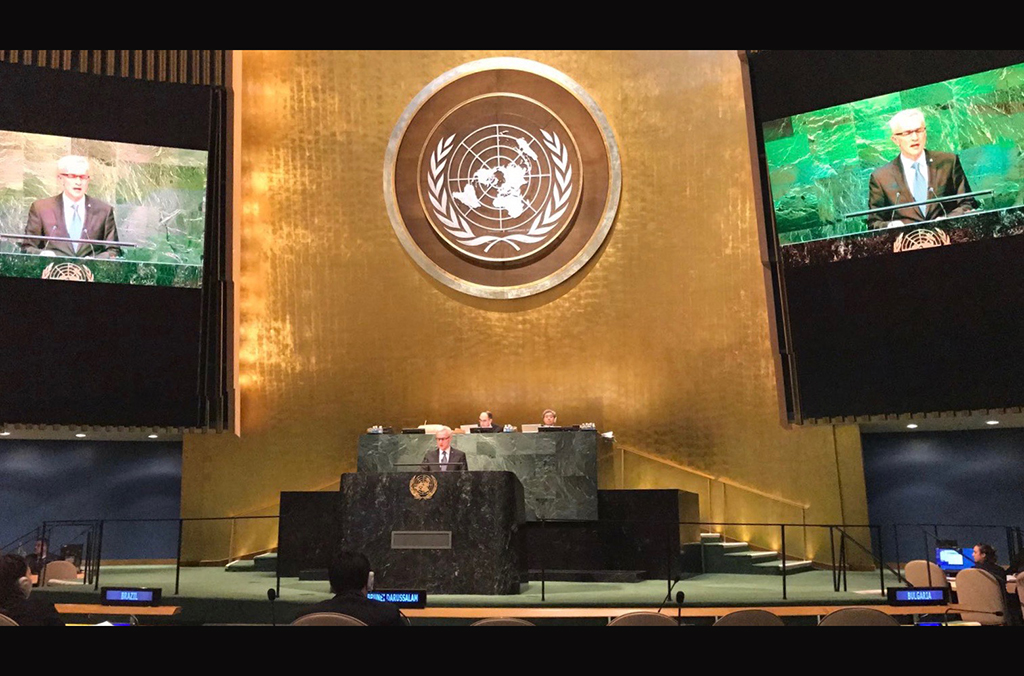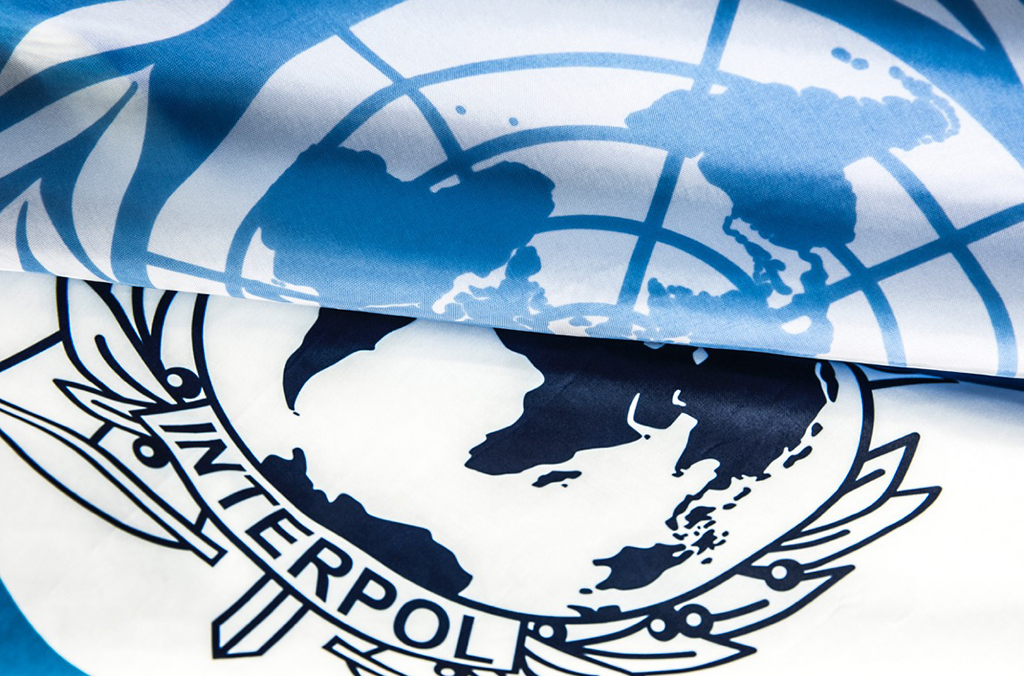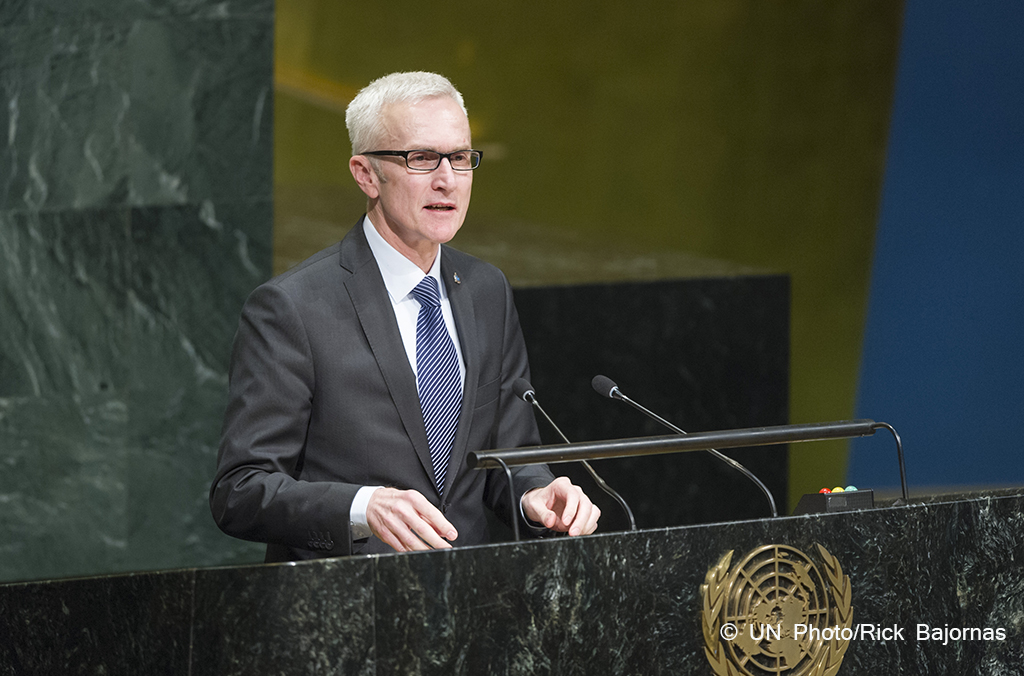UNITED NATIONS, New York – United Nations (UN) member states have adopted a resolution by consensus to further enhance collaboration between the UN and INTERPOL against transnational crime and terrorism.
The resolution debated during the 71st session of the UN General Assembly calls for the strengthening of cooperation between the UN and INTERPOL, within their respective mandates, in tackling terrorism, including preventing foreign terrorist fighter travel, and combating all forms of transnational crime.
Addressing the UN General Assembly, INTERPOL Secretary General Jürgen Stock said: “The resolution marks an important step forward in our journeys. We move closer to supporting INTERPOL’s vision of a safer world – for the member countries of INTERPOL, and for the member states of the UN.
“Cooperation between the UN and INTERPOL in these crime areas is key to help bring about global peace and stability and achieve our common goals.
“It is to support the related efforts of law enforcement agencies in INTERPOL’s 190 member countries that we seek to advance our joint collaboration. International police cooperation looks forward to INTERPOL’s continued cooperation with all relevant agencies of the United Nations system.”
Addressing the threat of terrorism, Secretary General Stock said on the sidelines of the meeting: “Dangerous gaps still remain in global screening efforts on foreign terrorist fighters, including against INTERPOL’s databases, and information sharing remains too fragmented at a time when we need to empower police on the frontlines.”
“The concern is what these fighters will do with the skills they acquired in battle and the networks which facilitated their recruitment when they leave conflict zones and return home,” added the Head of INTERPOL.
Enabling the exchange of police information across borders lies at the core of INTERPOL’s mandate.
In this respect, the resolution further encourages increased cooperation between the UN and INTERPOL to assist countries to effectively use the INTERPOL policing capabilities readily available through their INTERPOL National Central Bureaus.
INTERPOL has well developed policing capabilities to assist its membership. These include a secure global communication network, storage and access to police information in databases, and a long established notices system for raising global alerts on individuals, events or criminal modi operandi.
The Organization also serves as a platform to provide capacity building, analytical support and 24/7 assistance to police and law enforcement worldwide.
INTERPOL and the UN have a long-standing relationship, and the two organizations have collaborated on many projects and initiatives to fight international crime and terrorism. INTERPOL became a permanent observer at the UN in 1997. In 2004, as the natural step forward in their mutual cooperation, INTERPOL established its office of the Special Representative to the United Nations in New York.






